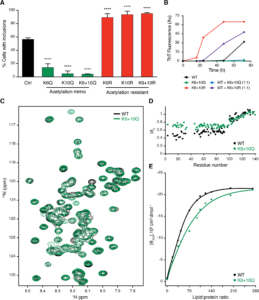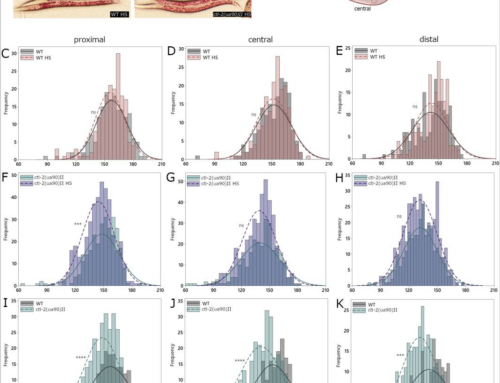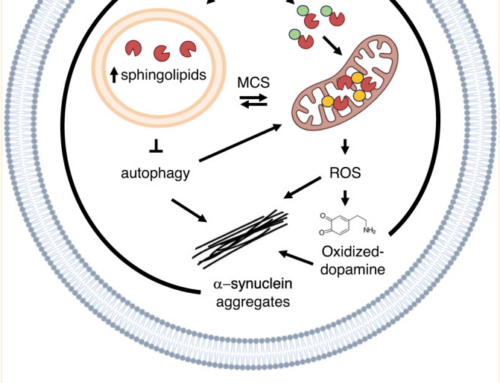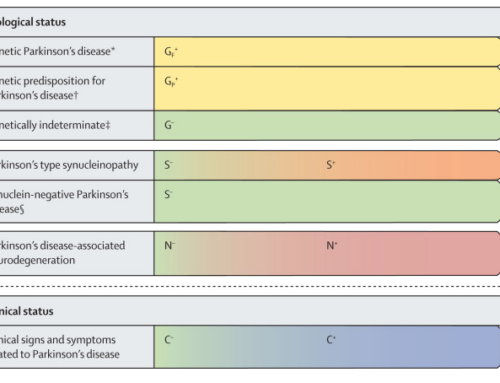
Sirtuin genes have been associated with aging and are known to affect multiple cellular pathways. Sirtuin 2 was previously shown to modulate proteotoxicity associated with age-associated neurodegenerative disorders such as Alzheimer and Parkinson disease (PD). However, the precise molecular mechanisms involved remain unclear. Here, we provide mechanistic insight into the interplay between sirtuin 2 and α-synuclein, the major component of the pathognomonic protein inclusions in PD and other synucleinopathies. We found that α-synuclein is acetylated on lysines 6 and 10 and that these residues are deacetylated by sirtuin 2. Genetic manipulation of sirtuin 2 levels in vitro and in vivo modulates the levels of α-synuclein acetylation, its aggregation, and autophagy. Strikingly, mutants blocking acetylation exacerbate α-synuclein toxicity in vivo, in the substantia nigra of rats. Our study identifies α-synuclein acetylation as a key regulatory mechanism governing α-synuclein aggregation and toxicity, demonstrating the potential therapeutic value of sirtuin 2 inhibition in synucleinopathies


